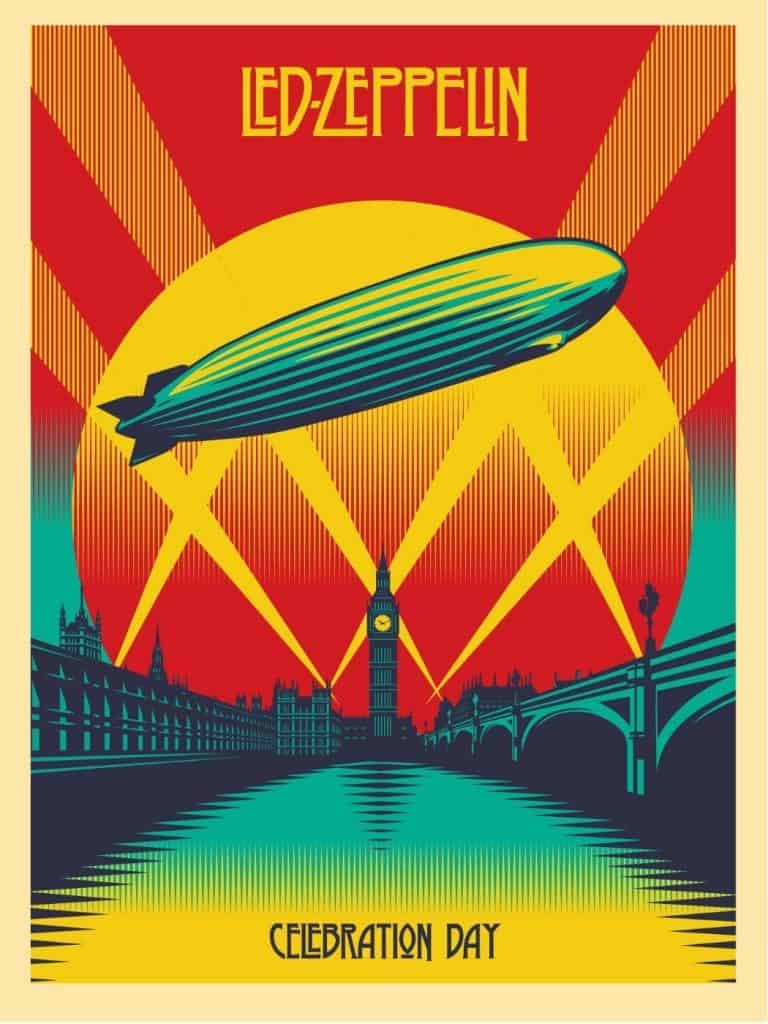Reason, resurrection, and the physical world are the focus of the most action-packed episode of Three Chords and the Truth ever produced. The primary reason why it’s so action packed is because the Toybox Hero Tournament includes a special cohost who is far more exciting than either of your intrepid cohosts. Renowned theologian Dr. Matthew Levering kicks off the episode by discussing how nature and philosophy point to the presence of God and why the physical resurrection of Jesus matters. Along the way, Dr. Levering highlights the importance of the Old Testament and professes his longstanding longing to impress his children by playing guitar in the band One Direction.
In the second half, Garrick and Timothy tackle a song so amazing that it can’t even be played in music stores: “Stairway to Heaven” by Led Zeppelin. Timothy makes the case that the central point of the song is a yearning for the spiritual realm that no human soul can quell. This leads to a discussion of how Christians should view material possessions and pleasures, interspersed with digressions that include Wayne’s World, the Material Girl, and what Robert Plant meant by “children of the sun.” Also “Children of the Sun” would be a great name for a band, especially if the band added umlauts.
But not even “Chïldrën öf thë Sün” can compare to how amazing it would be to name a band “Charizard,” except that The Pokémon Company would probably sue the so-named band even if they added umlauts. That’s because—Timothy learns in this week’s Toybox Hero Tournament—Charizard is the most powerful Pokémon owned by Garrick’s nine-year-old son, who shows up to cohost the tournament. This week’s duel pits a battle-hardened zebra from the intensive-care unit against the dynamic duo of Charizard and Reshiram. The result is flame-broiled zebra.
Also, another great name for a band would be “No Stairway Denied.”
The new cover art for this season was created by Dani Wallace (daniwallace.myportfolio.com).
This Week’s Guest
Matthew Levering is James N. and Mary D. Perry Jr. Chair of Theology at Mundelein Seminary, and Co-Director of the Chicago Theological Initiative at Wheaton College. He is the author or editor of over thirty books, and the translator of Gilles Emery’s The Trinity. He co-edits two quarterly journals, Nova et Vetera and International Journal of Systematic Theology.
Links to Click about Reason, Resurrection, and Rock and Roll
Come Let Us Reason: book edited by Paul Copan and William Lane Craig
Did Jesus Rise from the Dead?: book by Matthew Levering
Proofs of God: book by Matthew Levering
The Resurrection of the Son of God: book by N. T. Wright
The Resurrection of Jesus: book by Michael Licona
Stairway to Heaven: song by Led Zeppelin
Led Zeppelin IV: album by Led Zeppelin
Taurus: song by Spirit
Material Girl: song by Madonna
Uptown Girl: song by Billy Joel
The Return of the King: film adaptation of J. R. R. Tolkien, The Return of the King
The Magic Arts in Celtic Britain: book by Lewis Spence
Confessions: book by Augustine of Hippo
How to Make Three Chords and the Truth More Amazing than It Already Is
Support the show and spread the word! Here are a few ways to do that:
1. Subscribe to Three Chords and the Truth: The Apologetics Podcast: Apple / Android / RSS.
2. Leave a rating and review on iTunes to encourage other people to listen to the show.
3. If you purchase any of the books mentioned in Three Chords and the Truth, consider using the Amazon links provided in the show notes. The show will receive a small percentage of each sale.
4. Visit our Patreon site where you can support the podcast, suggest future songs or topics, and order Three Chords and the Truth merchandise.
5. Make contact with us on Twitter: @DrTimothyPJones @GarrickBailey @ApologeticsPod
The Closing Credits
Three Chords and the Truth: The Apologetics Podcast thanks B&H Academic for their sponsorship. Music for the podcast has been licensed through Artlist.io and performed by Trent Thompson. Brief excerpts of music played in each program are included solely for the purposes of comment and critique as allowed under the fair-use provision of U.S. copyright law. “The fair use of a copyrighted work … for purposes such as criticism, comment, news reporting, teaching, … scholarship, or research, is not an infringement of copyright” (U.S. Code § 107, Limitations on exclusive rights: Fair use).




